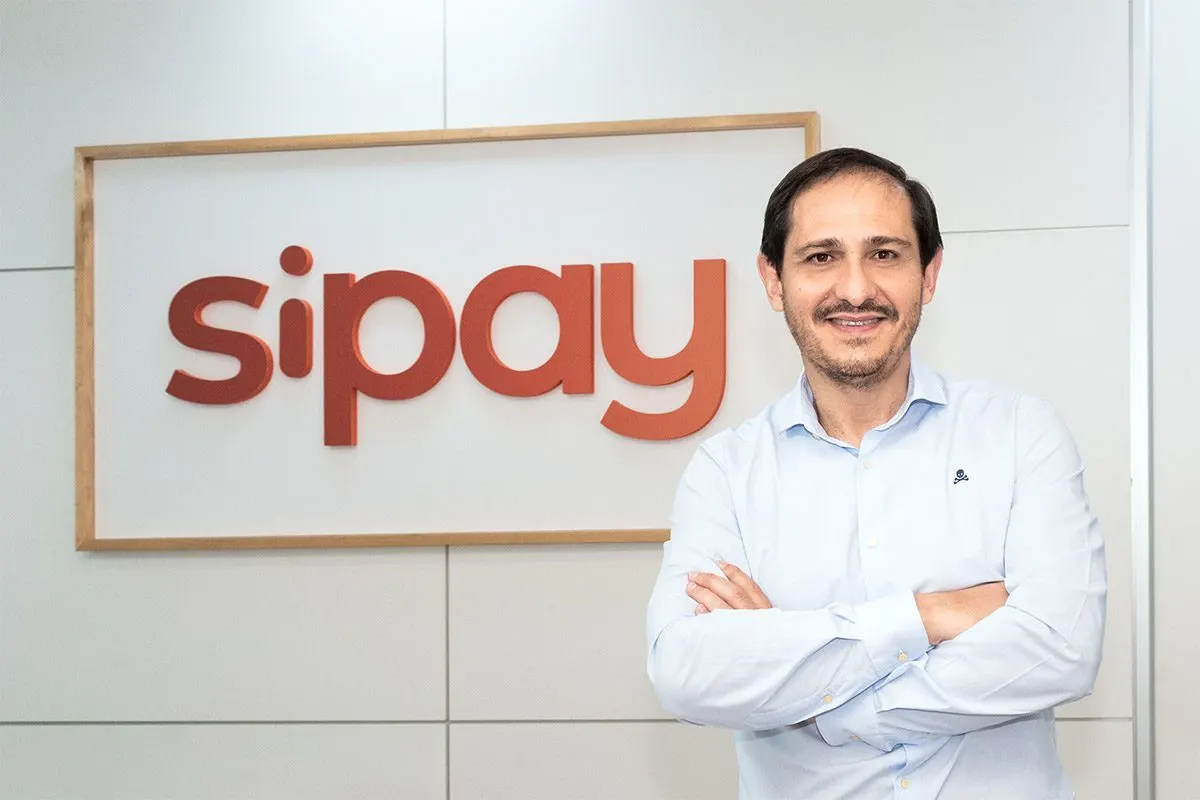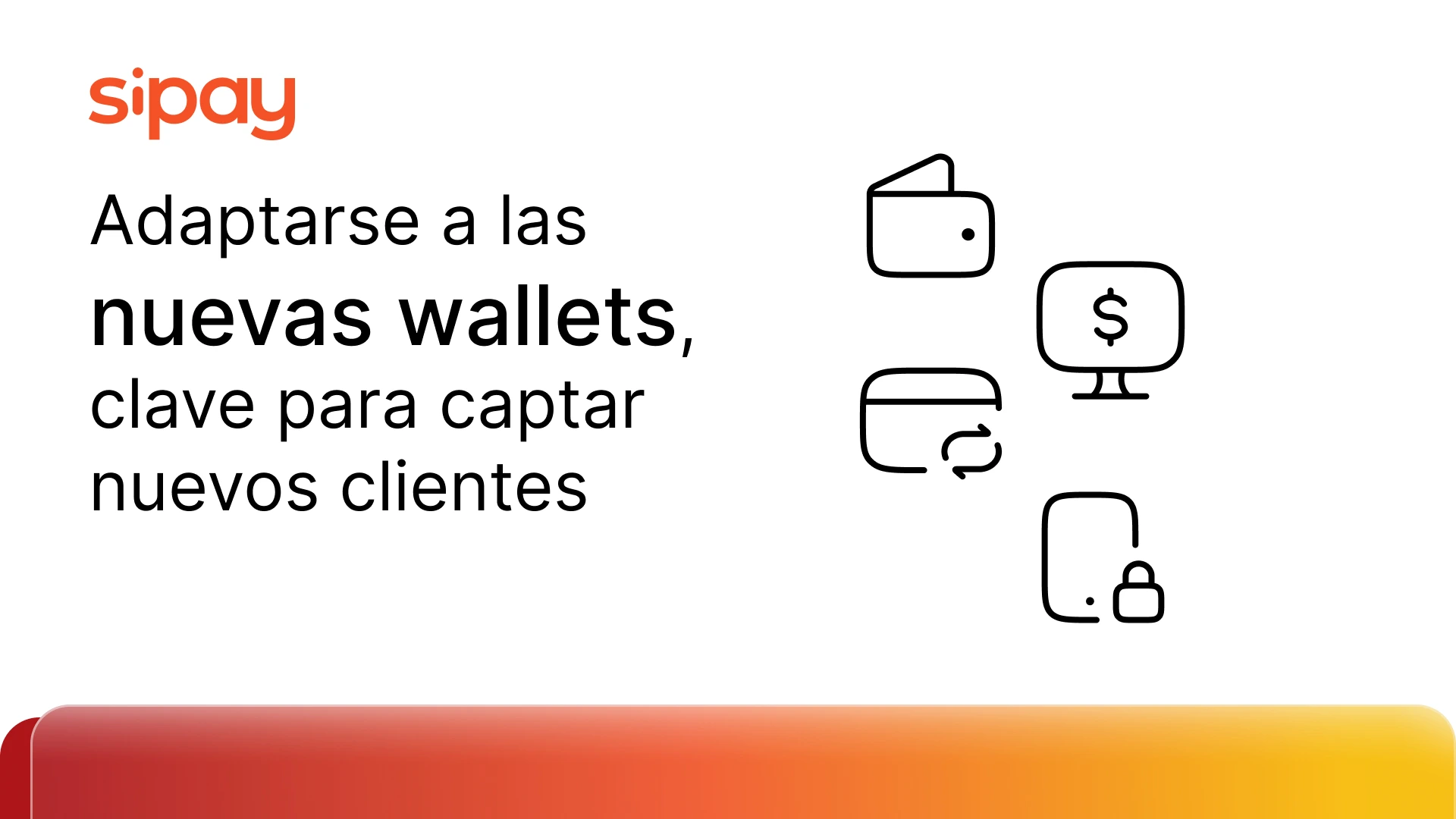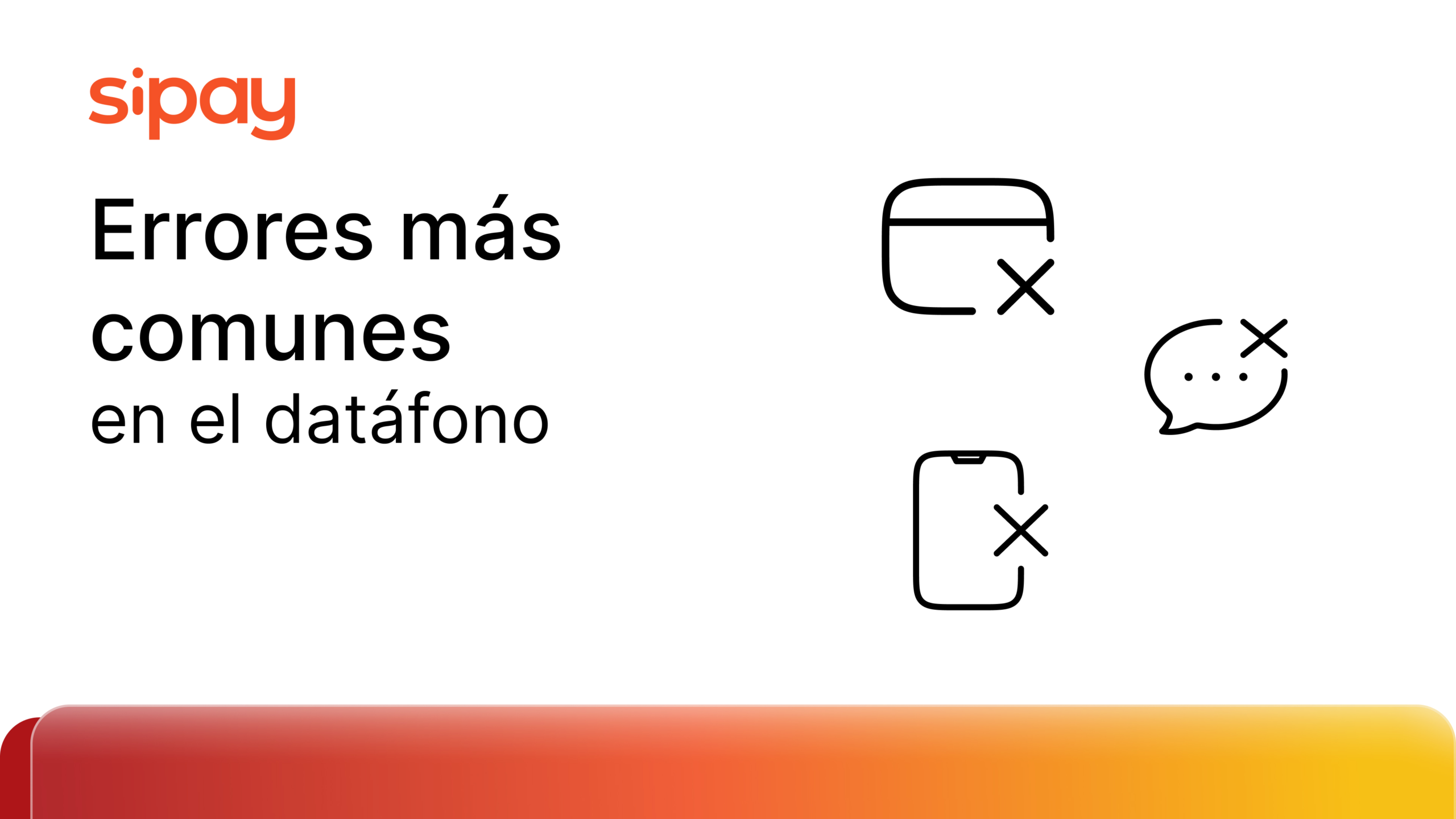For BlastingTalks – exclusive Blasting News interviews with business and cultural leaders – we interviewed José Luis Nevado, founder of Sipay, a company that offers its customers a wide variety of payment methods that adapt to each user profile.
BlastingTalks: Sipay is a payment gateway, how did this business idea come about?
José Luis Nevado: When digital payments were limited to cards and contactless technology and biometrics seemed like a science fiction story, Sipec was born, the origin of today’s Sipay. The year was 1994, and since then, the changes have not stopped, both in the sector and in the company, which has had to adapt and anticipate the ever-increasing number of new payment technologies.
What are the benefits of using your platform for your customers?
One of the biggest benefits of choosing Sipay’s platform is our ability to offer the most appropriate payment solutions for each customer and tailor them according to the type of business they are dealing with, all through a single omni-channel platform. The platform provides our clients with increased conversion rates and loyalty, as well as optimised costs and commissions. We centralise all banking management to improve the flow of operations, always providing flexibility of integration with the retailer’s systems. In addition, all our solutions are focused on improving the customer experience, a concept that has become essential for any business today and that retailers should consider as a priority.
In terms of security, all our solutions are PCI DSS level 3.2.1 certified, which guarantees the highest security standards in the payment industry.
How secure is online shopping, and what should customers look out for to avoid mistakes?
The rapid evolution of digitalisation brought about by the pandemic has meant that online shopping is becoming increasingly secure, as most companies in the digital payments sector work every day to make it so.
This situation has forced many companies to increase security in the payment process and to innovate continuously to achieve greater trust on the part of the end user. Moreover, with the recent entry into force of the new PSD2 regulation, which includes the mandatory application of strong authentication in transactions, not only does this increase security in the payment process, but it also increases end-user protection.
As for recommendations when making online purchases, they should be made from pages with secure URLs (https) and never through a public network. Finally, you can always do a brief search on social networks or on the Internet to see opinions and learn about the experiences of other users.
Sipay offers tokenisation, can you explain what it is and do you think users trust this tool?
Tokenisation is one of the value-added functionalities that consists of converting card data into an alphanumeric code (unique token) linked to that card with the aim of storing the data securely for future use, thus facilitating recurring purchases.
This is undoubtedly a reliable tool for users, especially in the hotel sector, as it is a very interesting option for them to charge their guests for the services enjoyed without the need to go to the hotel reception to pay. Users are the main beneficiaries of this solution, because thanks to it, they avoid having to enter their card details again, thus speeding up the purchasing process.
What advantages do users get when making online payments on websites that use your online payment tool?
Among the advantages of making online payments on websites that use our payment gateway are the wide variety of payment methods that we offer and that allow the user to have a wide range of possibilities with which to pay for their purchase.
As well as the convenience and ease of use by not having to constantly enter your card details thanks to tokenisation or the peace of mind of knowing that all our products are certified by PCI DSS 3.2.1 which guarantees that the systems used for payment are secure, which increases customer confidence in the business. In addition, offering a responsive design has become essential for any business, so we offer the user the best possible shopping experience, with a design adapted to each device.
What is the telephone payment experience, and what about face-to-face? Tell us about the benefits of your platform.
The telephone payment experience is one of our main solutions, which consists of charging customers in a secure and effective way.
There are two ways to do this: through the Pay by Link solution or through the IVR system. By using Pay by Link, it is possible to make the payment without the physical presence of the customer by sending a link to the payment form via email and/or SMS. On the other hand, payment via IVR is a system based on automatic interaction with the consumer via telephone, through keystrokes or voice automation. For face-to-face payment, it is a payment solution using multi-service payment terminals. These terminals allow payment with different card brands, e-wallets, deferred payment or even payment in the user’s currency of origin if it is different from that of the country where he/she is paying.
In addition, at Sipay we have Smart Terminals, the latest generation of smart devices that allow the user to pay through a wide variety of payment methods and authentication through biometrics.
The Coronavirus pandemic has marked almost all citizens, in fact, last year it was recommended to use cards and avoid cash payments at all costs. What are the most used payment methods in Spain today?
The pandemic has undoubtedly had a major impact on our lives in every way, even changing our shopping habits. In addition, the need to maintain prevention and hygiene measures to avoid contagion has led to the acceleration of digitalisation, giving rise to a new, much more digital consumer.
Given this new scenario and the latest industry reports, it seems that, in Spain, users are opting for the use of digital payment methods, the most widely used being cards, Bizum and PayPal. The use of contactless payments through cards, mobiles or wearables has also intensified, so as not to have to handle cash that has previously been in contact with other people.
Do you think the coronavirus has changed online shopping trends, and are online payments a trend that is here to stay?
The coronavirus has changed our shopping habits, giving rise to a more digital and technological consumer profile that does most of its shopping online.
In fact, even those consumers who were less familiar with online shopping before the pandemic have started to do so in the wake of the pandemic, and many will continue to do so once the pandemic is over. Online payments are not a trend; the pandemic has accelerated a process that was bound to happen sooner or later. The challenge now lies in constantly adapting to the new changes and offering the customer an experience with differential value.
How has the new PSD2 regulation affected e-commerce? Is it more beneficial for the customer and for companies?
One of the main changes included in PSD2 is the mandatory application of strong authentication (SCA) in transactions, which affects, above all, those carried out in the online channel.
This new regulation, in the case of the customer, requires an adaptation and learning process for those who are not familiar with online shopping. However, it is a fairly simple process for the user and provides greater security when making purchases. For retailers, the implementation of this regulation must be seen as an opportunity to optimise the payment process, ensuring security without affecting the user experience. To do this in the easiest way, they should rely on their payment service providers.
How do you see the future of Sipay in 10 years?
In the last 6 years Sipay has experienced tremendous growth.
Many new customers are working with us, the volume of transactions processed has increased and continues to increase significantly, but our greatest achievement is the growth of our most asset, our people. We have increased our staff by a factor of five and our expectations are ever higher. The rapid and ever-increasing digitisation by merchants and users is another of the fundamental points that support the growth of the digital payments sector. Sipay is committed to and working on the creation of a global offer of integrated services that simplify payment processes for both merchants and users, making the checkout process as invisible as possible.



